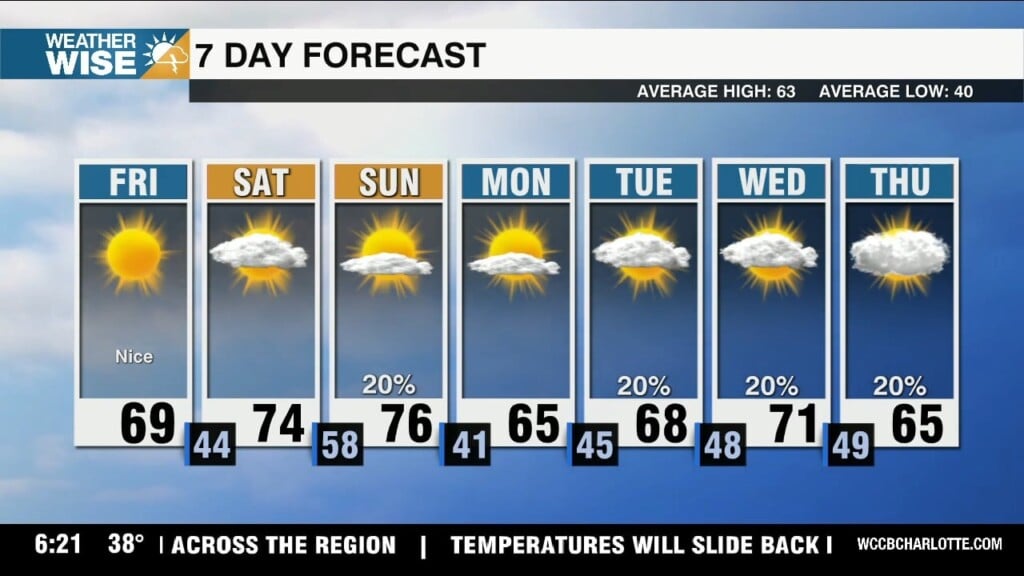CHARLOTTE, N.C. — Duke Energy officially requested a double-digit rate hike for the Charlotte area.
Duke Energy says they need to make changes due to their recent work to modernize power plants and generate cleaner electricity, responsibly manage coal ash and improve reliability while enabling more options for customers.
“Through smart investments in cleaner energy plants and renewable resources, safely managing coal ash, and the grid that powers our lives and improves reliability, we are focused every day on providing customers increasing value and laying the foundation for a smarter energy future,” said David Fountain, Duke Energy’s North Carolina president.
Duke Energy Carolinas serves 2 million households and businesses in central and western North Carolina, including the Triad and Charlotte. Duke Energy Progress, which serves electric customers in parts of central and eastern North Carolina and in the Asheville region, filed a similar request to adjust rates June 1. Duke Energy Progress customers will not be affected by this new request.
Based on these investments, the filing with the North Carolina Utilities Commission (NCUC) requests to increase revenues by about $647 million, for an overall average rate increase across all customer groups of 13.6 percent. Since Duke Energy Carolinas’ last request to adjust rates in North Carolina in 2013, this represents approximately a 2.5 percent annual increase.
The specific increase for individual customer groups would vary, depending on the rate they pay. The average rate increase from the proposed changes for residential customers would be 16.7 percent, while commercial and industrial customers would see an average increase of 10.9 percent.
If the proposal is approved by state regulators, a residential customer who uses 1,000 kilowatt-hours (kWh) of electricity monthly would pay about $122.68 per month, reflecting an increase of $18.72 per month. Duke Energy Carolinas has included in its request options to spread recovery of certain costs over multiple years to reduce the immediate impact on customer bills.
Duke Energy Carolinas has maintained rates below the national average, and with the proposed change, customers would continue to pay rates lower than in 1991, when adjusted for inflation.
“As our state grows, and as we think about the future energy infrastructure required to serve our customers, a smarter grid will facilitate cleaner energy sources and provide customers the tools they need to make more informed energy decisions,” said Fountain. “We are committed to smart investments that balance the energy needs of our customers with competitive rates.”




